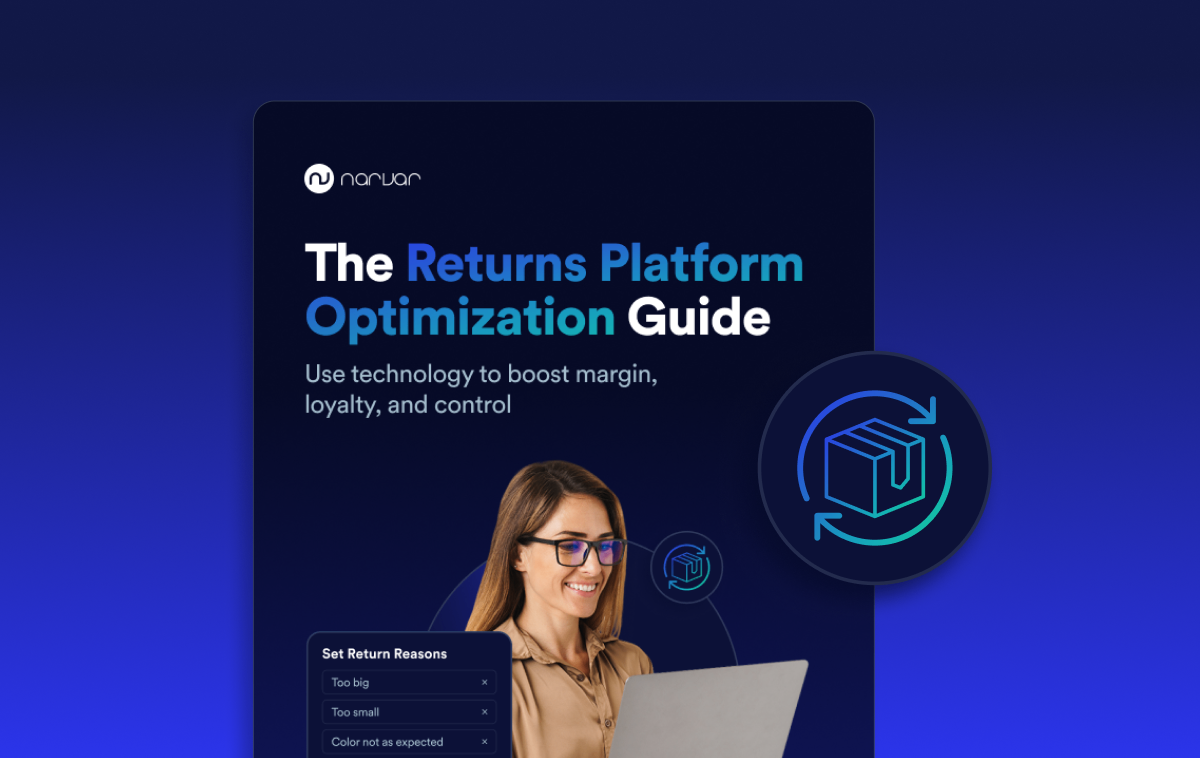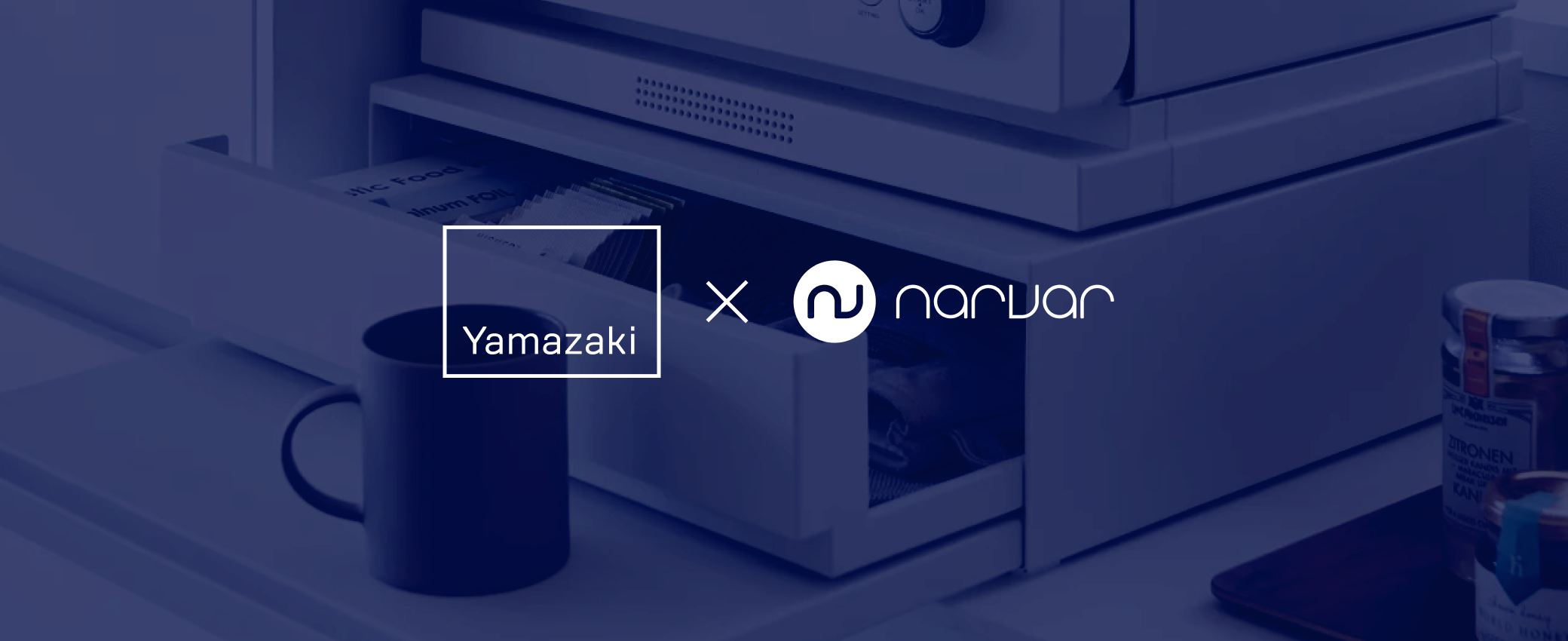

AI-powered delivery date estimates to boost conversion
Give shoppers peace of mind and protect and grow your bottom line
Personalized tracking experiences to build brand loyalty
Returns and exchanges management to mitigate fraud and reward best customers
Proactive communication to drive customer lifetime value
Delivery claim management to tackle fraud and build trust
Why Is It Important to Get Returns Back Fast?
%2520(34).webp)
Retailers often talk about the importance of getting returns back faster, but not everyone may understand why that’s important. In this article, you'll learn why it's important to get returns back fast, and how you can expedite your return process through a more effective return solutions.
The cost of slow returns
The biggest reason you want to get returns back fast has to do with resale value. Every day a returned item remains out of inventory—whether it's with the customer, in the mailstream, or awaiting processing at your warehouse—it's likelihood of being resold (especially at full price) decreases. Seasonal items such as swimsuits, ski goggles, and barbecues, are especially vulnerable to lethargic return processes, especially as the end of season nears because demand wanes and retailers are forced to make steeper and steeper markdowns which cannibalize margins.
Every day that a returned item remains out of inventory decreases the likelihood that you’ll be able to resell it at full price.
There are also opportunity costs of returned inventory being out of the system:
- Did you miss a sale because a particular size or style wasn’t available?
- Were you forced to order new inventory to backfill gaps left by items yet-to-be returned?
- Will you end up with excess inventory that you’ll struggle to sell?
In addition to the impact on your inventory positions and margins, slower returns lead to slower refunds which lowers customer satisfaction.
Most ecommerce retailers to peg their refund processing times to the receipt of the returned item. For example, a refund will be issued to the customer within 5 to 7 business days of the item being received. Assuming 5 days for return transit, that means the customer could be waiting 12+ days to get their refund—hardly an enjoyable wait. Although some retailers (e.g., Lululemon) offer instant refunds when the return package is dropped in the mailstream, faster returns equal faster refunds for customers, and that equals higher satisfaction.
How to speed up returns
Now that we understand why it’s important to speed up returns, here are a few strategies to consider to make it happen:
1 - Offer more choice & convenience in return methods
If the return process is more convenient for a customer, it’s more likely they’ll complete their return more quickly — but convenience means different things to different people, so providing an array of options is important.
Encouraging consumers to return online purchases to your stores is a great option, but if your locations aren’t convenient for them (or you have a limited footprint or no stores at all), enabling drop-offs at neighborhood locations or having returns picked up from their homes are important. Offering printerless or boxless returns using a mobile QR code also reduces those points of friction.
2 - Decrease your return window
Take a look at your current return window and compare it to the benchmarks found in Narvar’s Returns Benchmark Report. If your return window is substantially longer than average—or if you haven’t actually established a limit—setting a shorter period can help you mitigate the financial impact of outstanding returns.
3 - Incentivize faster returns
Get creative about encouraging customers to ship returns back more quickly—can you offer free return shipping to customers who return their items within a shorter window, compared to your overall return policy?
Saks Fifth Avenue, for example, offers free return shipping only if the item is mailed back within 14 days of the ship date. Beyond that they’ll still accept the return, but the customer pays a $9.95 return shipping fee.
Can you speed up refund processing for returns sent within a certain amount of time?
With in-store returns, for example, the item is inspected and reinserted into inventory almost immediately while the consumer gets the satisfaction of an immediate refund. Explore ways to replicate this experience for ecommerce orders by offering an instant refund as soon as the return is scanned by the carrier rather than waiting for it to be received at the warehouse, but only for loyal VIP customers.
Speed is just one piece of the puzzle
Of course, as you’re taking steps to improve return processing speed, it’s also worth making sure you’ve done everything possible to reduce returns and optimize your operations in the first place.

























